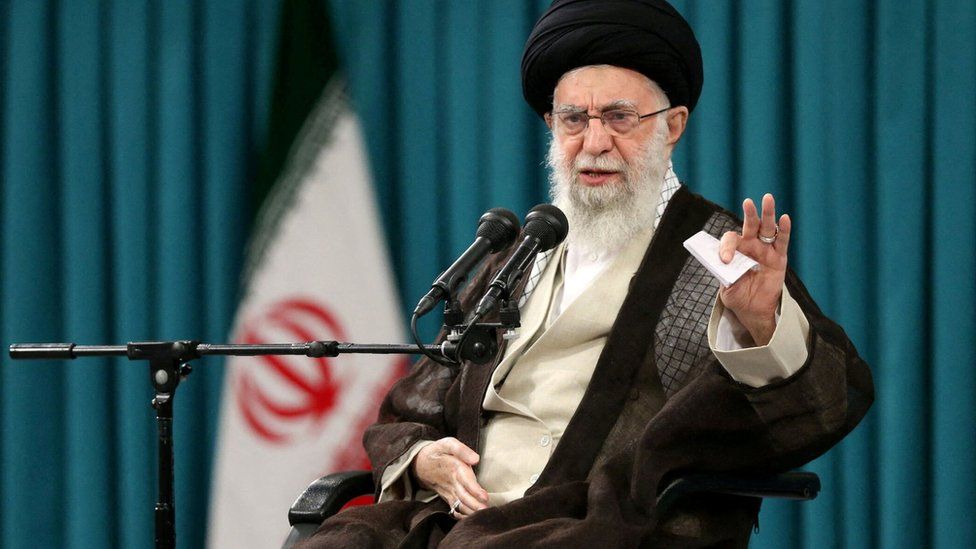Abia State Governor Alex Otti has launched a new nutrition council to address food insecurity and child health challenges as part of Nigeria’s broader campaign to combat malnutrition. The Abia State Council on Nutrition, inaugurated Tuesday, aligns with the federal government’s nationwide Nutrition 774 (N-774) Initiative, designed to coordinate nutritional interventions across the country’s 774 local government areas.
Governor Otti described the initiative as “a welcome development,” emphasizing its potential to strengthen data-driven strategies for improving public health outcomes. Speaking during the council’s launch, he linked infrastructure and healthcare investments to long-term nutritional improvements, citing recent allocations of 15% of the state’s budget to healthcare and 20% to education. “When people are well-fed, they are less likely to fall ill,” he said, referencing ongoing efforts to rehabilitate roads, sanitation systems, and healthcare facilities in cities like Aba and Umuahia. However, he acknowledged gaps in tracking progress: “We have not been deliberate in monitoring the numbers. This initiative pushes us to correct that.”
The council, chaired by Otti himself, includes commissioners from health, agriculture, education, and social protection sectors, signaling a cross-governmental approach. Its mandate spans policy coordination, performance tracking, and resource allocation to tackle malnutrition’s root causes.
Uju Rochas-Anwukah, the President’s Senior Special Assistant on Nutrition and focal person for the N-774 program, underscored the urgency of the effort during her visit to Abia. Noting that Nigeria ranks second globally in malnutrition prevalence, she revealed that nearly half of child deaths nationwide are linked to undernutrition. “This is not just a Nigerian problem but a universal crisis requiring collaboration across all tiers of government,” she said, praising Abia’s recent progress in public health and governance.
The N-774 framework integrates health, education, food security, and water sanitation programs to disrupt cycles of intergenerational poverty fueled by malnutrition. Rochas-Anwukah highlighted that 45% of child mortality in Nigeria stems from nutrition-related causes—a statistic she called a “stark reminder” of the need for systemic interventions.
Abia’s council now faces the task of operationalizing federal guidelines while addressing local challenges, including uneven resource distribution and socioeconomic disparities. With malnutrition affecting nearly every sector—from workforce productivity to maternal health—the initiative’s success could serve as a model for other Nigerian states grappling with similar issues.
The launch event drew senior officials from multiple ministries, reflecting broad institutional support. As one of Nigeria’s first subnational bodies dedicated solely to nutrition, the council’s progress will be closely watched amid rising global concerns about food insecurity and sustainable development.

![nica inaugurates first female president markie idowu [VIDEO] NICA Installs Markie Idowu As First Female President, Honours Distinguished Nigerians • Channels Television](https://mediatalkafrica.com/wp-content/uploads/2026/03/xNICA-Inaugurates-First-Female-President-Markie-Idowu.jpg.pagespeed.ic.oNHxFaMua0.jpg)

